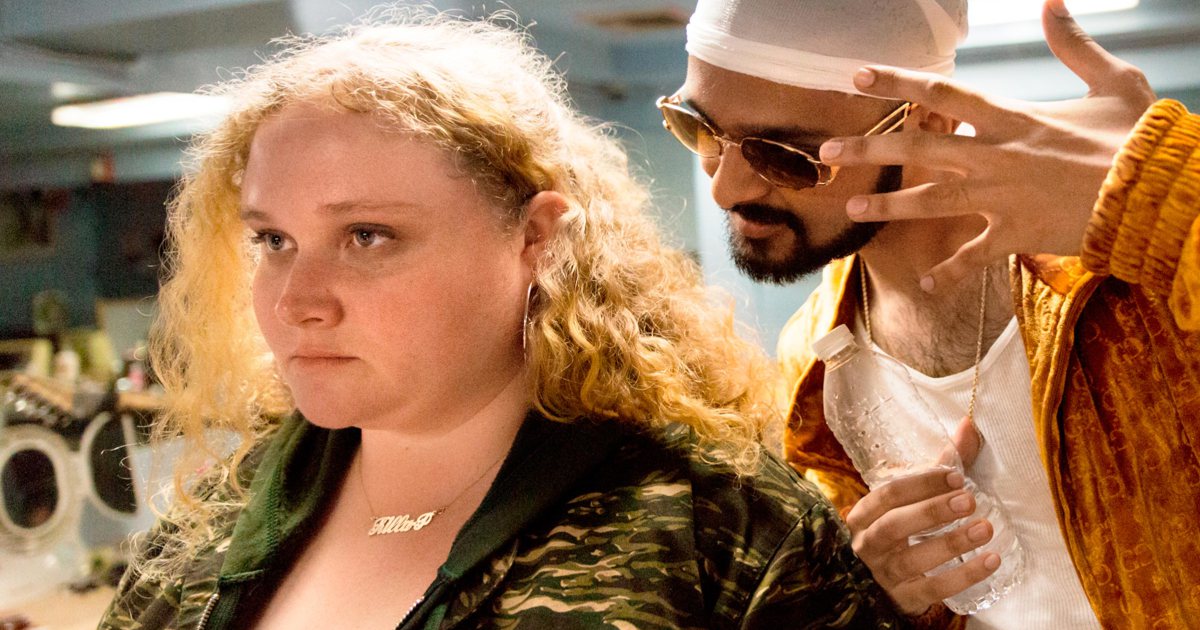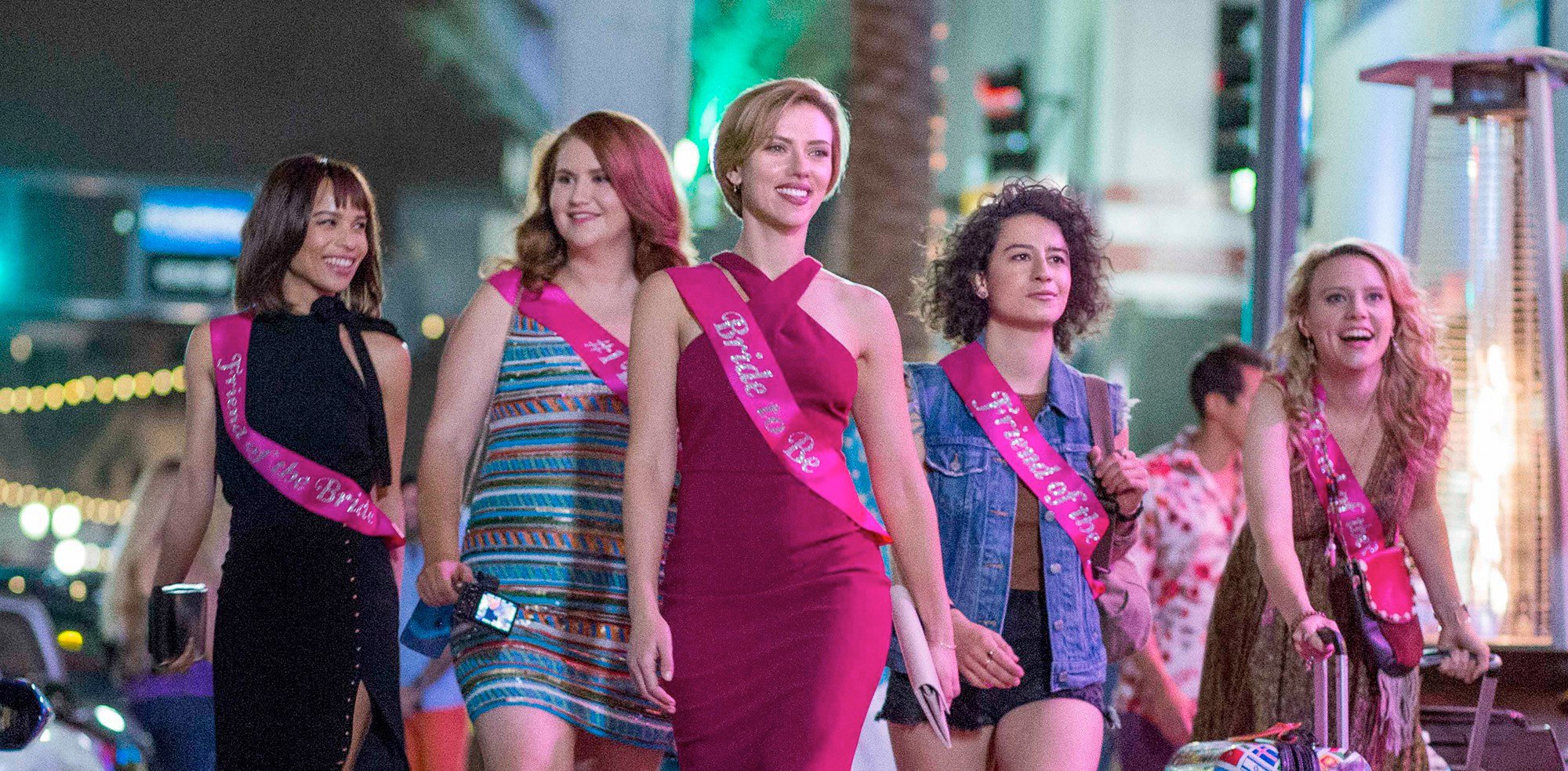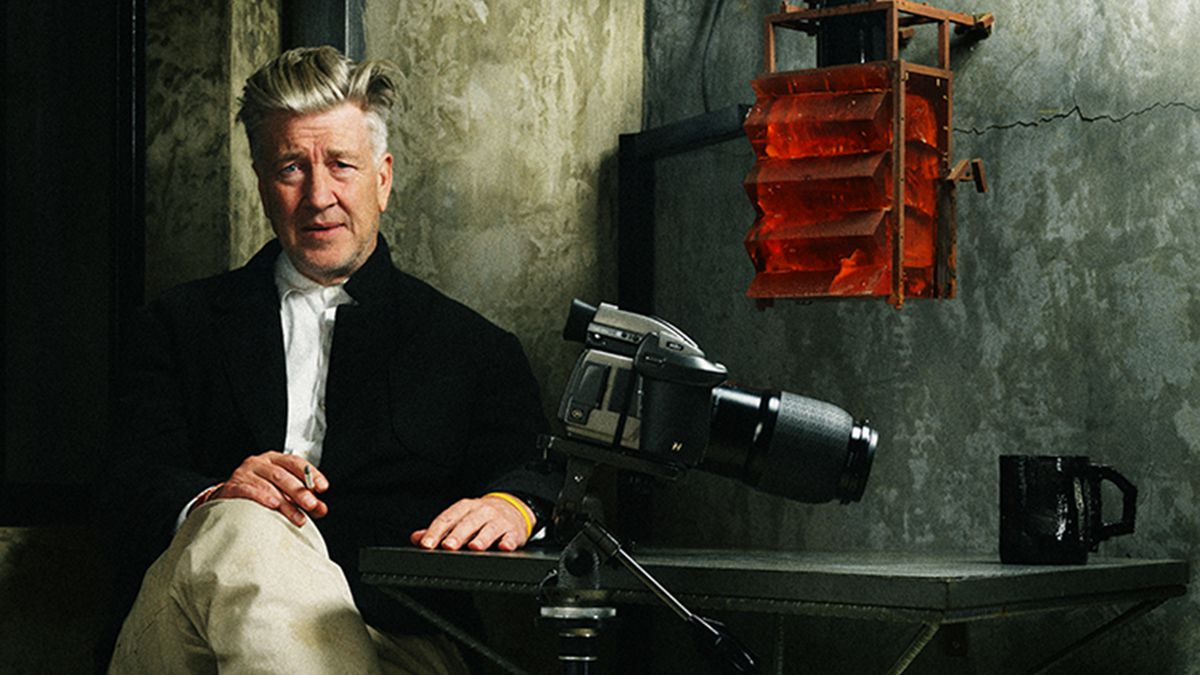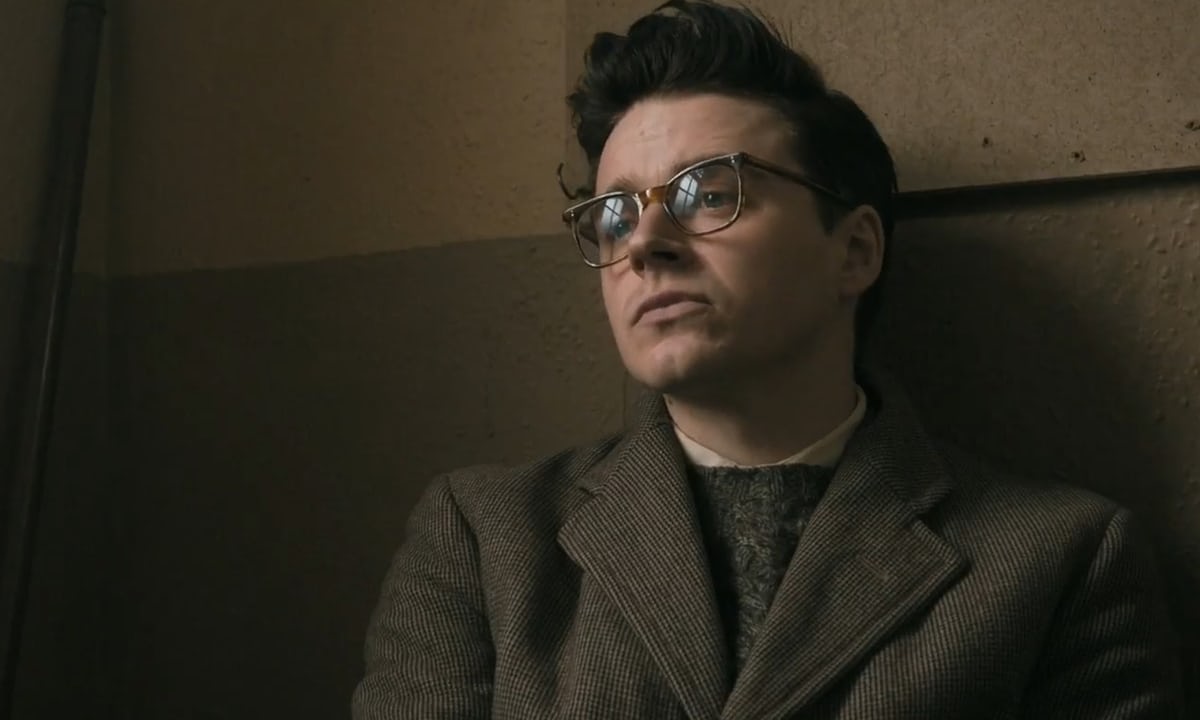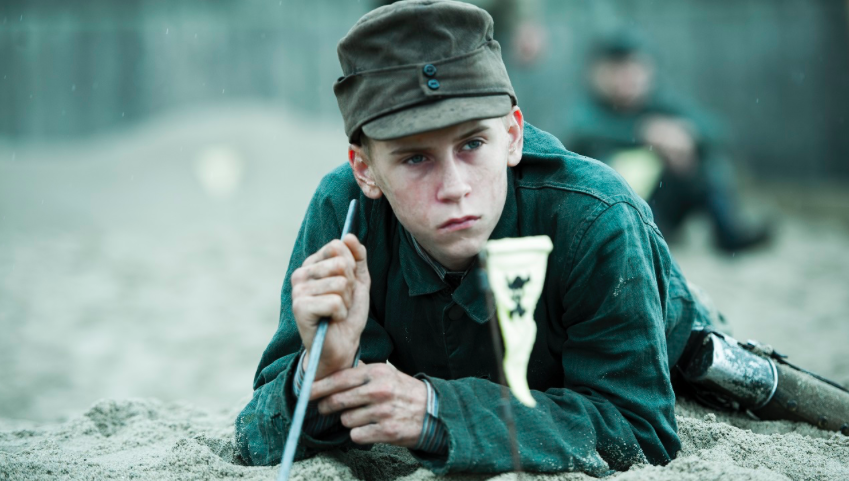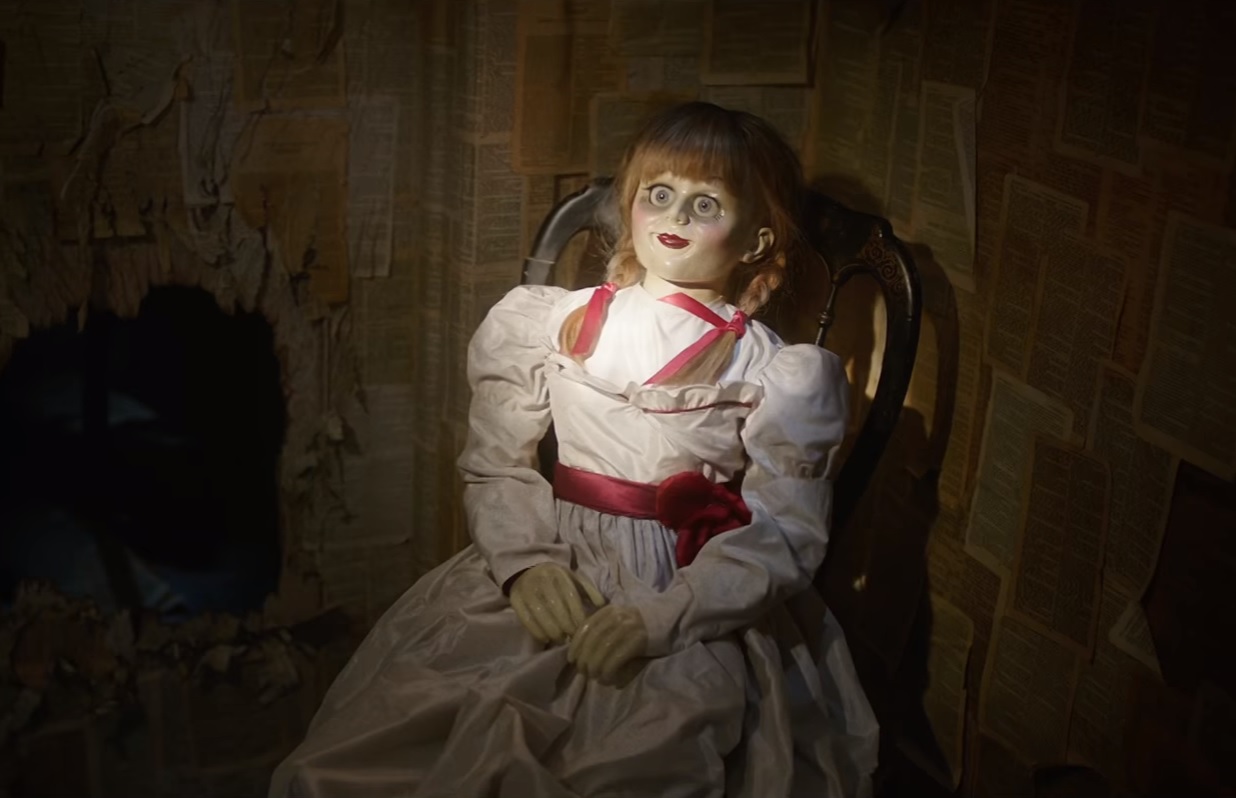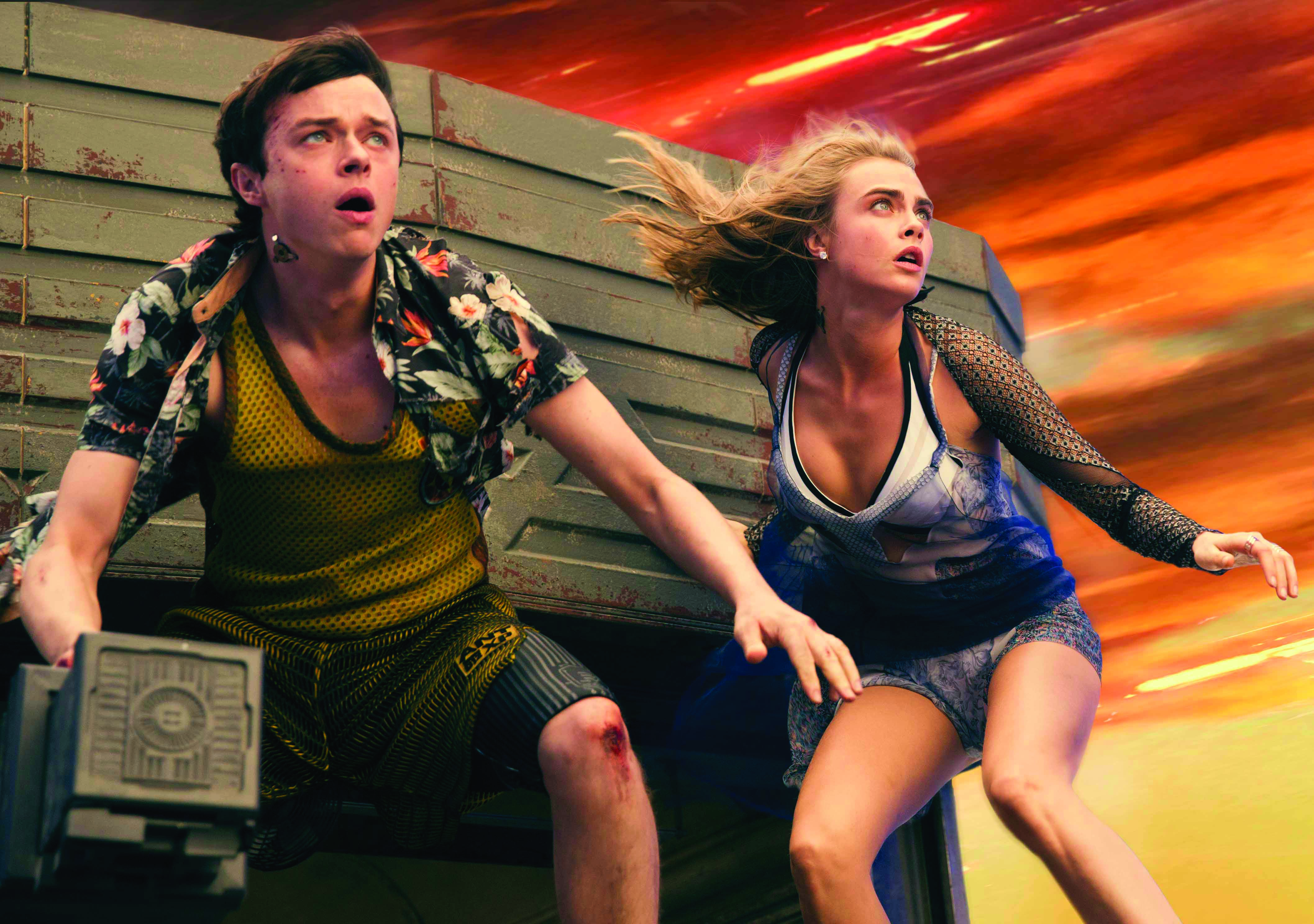Geremy Jasper, former vocalist of 00’s New York band The Tears, has channeled his younger creative frustrations into feature debut and Sundance hit Patti Cake$, an upbeat tale of an unlikely hip-hop hustler and solid contender for the year’s feel-good rankings. Its got magic indie dust and an against-the-odds underdog ethos and its leads, Danielle Macdonald and Siddharth Dhananjay, two best friends and hip-hop partners, are a memorable and winning double act. Macdonald is Patricia Dombrowski, aka Dumbo, aka Killer P (the titular tag comes later), a plus-size, white, ginger woman desperate for rap glory. Dhananjay is Jheri, an Indian-American who…
-
-
The one-two punch of last month’s raucous Girls Trip and, now, Rough Night, has sent columnist chins a-stroking about the mainstreaming of the ladette comedy and the gender politics surrounding it. To be fair, the films are noticeably similar in tone and structure, focusing on a group of quasi-estranged old college girlfriends who meet up for an escapist trip of partying, raunchy talk, and bonding. Some have changes in their life they haven’t shared with the others; others have unspoken tensions about adulthood’s diverging priorities. The friends drink, fall out, and make up. (And kill a stripper) Rough Night centres…
-
After five years in the making that started off with a Kickstarter campaign, directors Jon Nyugen (Lynch), Rick Barnes and Olivia Neergaard-Holm’s (Victoria) biopic documentary The Art Life is the quintessential homage and insight into the extraordinary career of David Lynch (Twin Peaks, Mulholland Drive). And while the focus is directed on his painting and influences from his childhood onwards, the insights into his work processes and day-to-day life are remarkably honest and enlightening, making for an essential watch for any fans of his films, music or art. Initially, we are introduced to Lynch as he works on a painting in his…
-
Horror is about the violation of boundaries. To keep life tolerable we parcel up the world in our head, organising experience into handy categories, and the most familiar genre icons signal their disruption: alive/dead (zombies, Frankenstein’s monster), old/new (The Mummy), reality/dreams (Freddy Krueger), animal/man (werewolves). The puss and blood and inside-out, syrupy mess of body horror speaks to a primal fear about the loss of identity and self. Roman Polanski’s 1968 horror classic Rosemary’s Baby, adapted from Ira Levin’s hugely popular novel and screening in the Beanbag Cinema tonight, is organised around a series of boundary violations. Some of these…
-
In 2015’s Sleaford Mods: Invisible Britain, film-maker Paul Sng used the Nottingham duo to tell a story about British working class discontent in the age of austerity. His new film, Dispossession: The Great Housing Swindle, takes a longer historical perspective, aiming to examine the failures and dysfunctions of modern British housing. As Maxine Peak’s narration outlines, post-war liberalism championed the country’s new council estates as fulfillments of a democratic promise, ambitious concrete guarantors of secure and dignified shelter. How, the documentary asks, did we get to the present moment, when the term ‘council estate’ is mouthed with a sneer? How…
-
The heroine of young-adult romance Everything, Everything, adapted from Nicola Yoon’s novel of the same name, lives in a bubble. Thanks to a complicated autoimmune condition, Maddie (Amandla Stenberg) is vulnerable to the common bacteria bugs of everyday life. For Maddie’s own protection, her mother, a doctor and her only living family, keeps her inside their specially designed, expensive-looking, air-sealed house. After she got sick as an infant, she’s never ventured outside the home. So she stays inside, reading books and blogs about them on her nice Mac, while dreaming of a life outside of the see-through walls. In concept,…
-
Present-day fans of The Smiths, embarrassed by Morrissey’s descent into unfashionableness, usually preface their admiration with the disclaimer that it’s ‘about the music, not the man’. England is Mine provides the reverse: the man, not the music. Mark Gill’s unlicensed biopic is a portrait of the artist as a moody young man, covering the early stages of Steven Patrick Morrissey’s artistic development, before he began building his first tracks with Johnny Marr (Laurie Kynaston). Basically, it’s a music biopic without the music; in a genre well known for coasting on familiar beats, this is, at least, something new. Played by…
-
World War 2 films could be seen to have been at saturation point for quite some time but writer/director Martin Zandvliet’s (The Model) new drama Land Of Mine proves that there is still plenty of mileage in the genre, with a tale that sheds light on a very controversial time period in Denmark’s history, while also dealing with age old themes of revenge and forgiveness with stark authenticity. Set just after WW2, Land Of Mine tells the story of a group of surrendered German soldiers, all of whom are young boys from the Hitler Youth, who are ordered to demine the…
-
Someone call a priest. It’s last rites time. Studio horror is dead, or at least consistent in its undeadness; zombie movies, creaking bags of tricks with empty centres, haunted bodies without spirit. Warner Bros’ prequel-spinoff Annabelle: Creation, which sets up the origin story for the titular haunted doll of 2014’s lifeless Annabelle, confirms this. The latest offshoot from James Wan’s highly successful, ever expanding The Conjuring franchise (future releases include The Conjuring 3 and spinoffs The Nun and The Crooked Man), Creation is a box-ticking exercise with zero dread and a reminder of how essential the personalities of Patrick Wilson…
-
Modern blockbuster film-making is calling out for a new The Fifth Element, but Valerian and the City of a Thousand Planets isn’t it. Two decades after Luc Besson’s classically garish retro-future space opera, he’s returned to the same aesthetic; it’s another summer film based on a comic book, sure, but not what you would expect. Valerian is based on the French comic series Valérian and Laureline, written by Pierre Christin and illustrated by Jean-Claude Mézières, which began its run in the pre-Star Wars sixties. Besson, a long-time fan of the series, obviously drew on it for 1997’s weirdo favourite, and…

